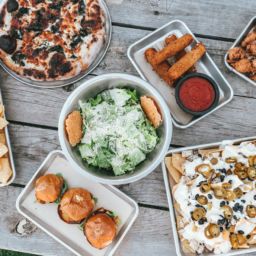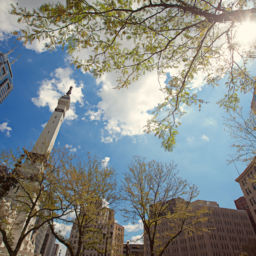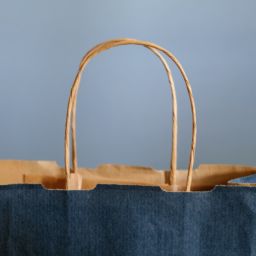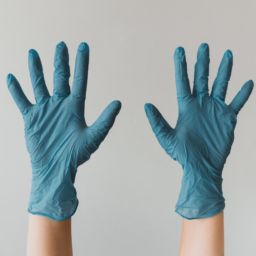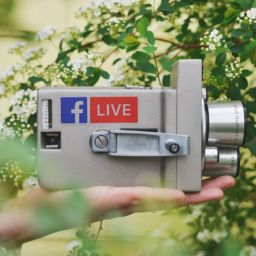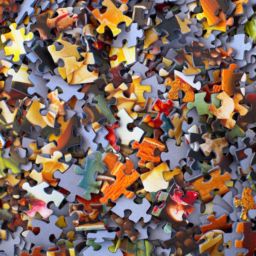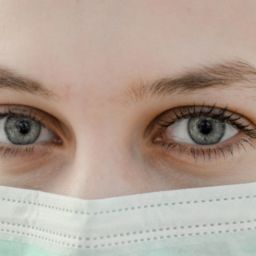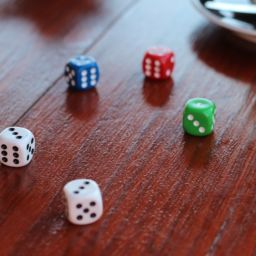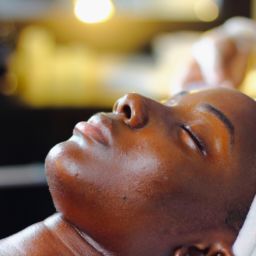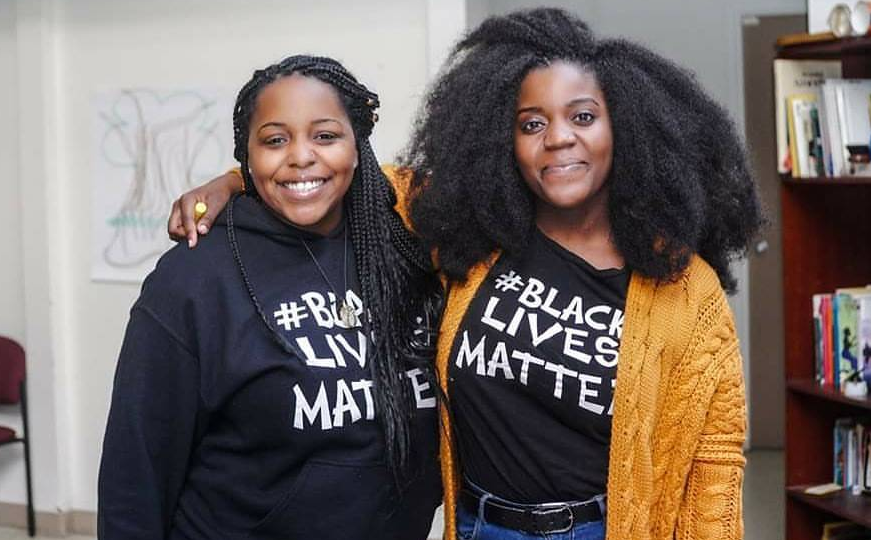
Editor’s note: This piece was originally published prior to the killing of George Floyd in Minneapolis and the subsequent protests in Indianapolis and across the country. You can donate to Indy 10 Black Lives Matter here.
Leah Deeray and Kyra Harvey are community activists, heading up Indy10 Black Lives Matter. They are calm, focused, aware young women—and their work is far-reaching and all-inclusive.
In addition to Indy10, Leah is a resident of Indianapolis, a community activist for Homes for All Indianapolis, and a student at IUPUI studying Civic Leadership with a minor in Africana Studies. Kyra has spent several years doing work in property management and working toward her real-estate license; she is a bail distributor for the Bail Project Indianapolis; and, for the past five years she has helped fight against police brutality and systemic racism in the city, uplifting the voices of black women and femmes, and focusing on how to create housing for people who have felonies. She has a deep love for her community and hopes to help change the criminal justice system.
I sat down with the two of them to gauge how COVID-19 has affected their work and their lives. And by sat down, I mean we chatted on Zoom because…social distancing.
So, how has the coronavirus pandemic changed the work they are doing in the community? Their attention has shifted to artists and service workers, two groups they don’t usually focus on. (Kyra, who’d been a server at Yard House—which now only offers carry-out—was surprised at the support the restaurant is offering its servers, including free meals for employees and their families, and beginning next week, distributing 13 weeks of tip money to their employees.)
But they still have the community at large in mind. Much of Leah and Kyra’s work continues to be offering support and filtering information to help educate and inform people. They’ve also set up an emergency fund to assist those in need. Most recently, they used that money to get groceries and toiletries for a family.
The Bail Project Indianapolis continues to work on getting people out of the jails and reunited with their families. These days they work side-by-side with the public defender’s office to find a way to offer bail bonds payments virtually (because the City-County Building is shut down) as well as offer online visits.
On March 16, Indy10 (along with IMPD Transparency, IDOC Watch, Indy SURJ, and Queering Indy) released a letter to Governor Holcomb and Mayor Hogsett demanding action where the federal government is falling short. These demands included waiving rent, mortgage, utility, debt and loan payments; enacting eminent domain for those experiencing homelessness; issuing free food vouchers to Indiana residents; and continuing to provide free lunch to the IPS students now stuck at home. And those are only the first four demands. You can find the entire letter on their Facebook page.
It’s been a shift in gears for these two community activists. Until the COVID-19 pandemic, their idea of work involved being out in the community and on the front lines. But they heed the warnings and are social distancing. They urge everyone else to do the same.
“Really take this seriously. Don’t go out unless you have to but also take care of your community. If you can pay an artist to send you a video of them playing a song, send them $15 or $5 if you can. That’ll help,” Leah says. “If you can volunteer at a food pantry or drop food and go back in the house. But also protect yourself. And I really feel bad for people with mental illness, who need to get out, so maybe if you know people who are struggling, check in on them and try to FaceTime them.”
To scroll down their Facebook page is to see them practicing what they preach. They post about virtual AA meetings, food pantries, bail bonds, a Venmo list for (former) servers, Indy Parks Family Centers and where they are delivering food. The list goes on and on. If someone or some organization is helping the community, Leah and Kyra want their community to be aware.
Two millennials showing other millennials (and older and younger generations) how to live in a pandemic.
We are all in a transitional period filled with uncertainty. While Kyra and Leah’s worry and anxiety is often directed outward, to the community, it’s still anxiety that they take on personally and they need to deal with and manage.
There’s Netflix and card games and doing a full-on session of make-up, even if social distancing. There’s dancing. There’s an immunity-boosting soup to make and consume. They have been doing the hard, relentless work that is modern-day activism for years and therefore know the value of taking care of themselves so that it can continue it in this new form.
And I agree with them. Playing Uno with my four-year-old really is calming; it really is fun. I’m glad Leah and Kyra reminded me of that.
Maura Malloy is a writer, actor and one-time Tedx Talker living in Indianapolis.







